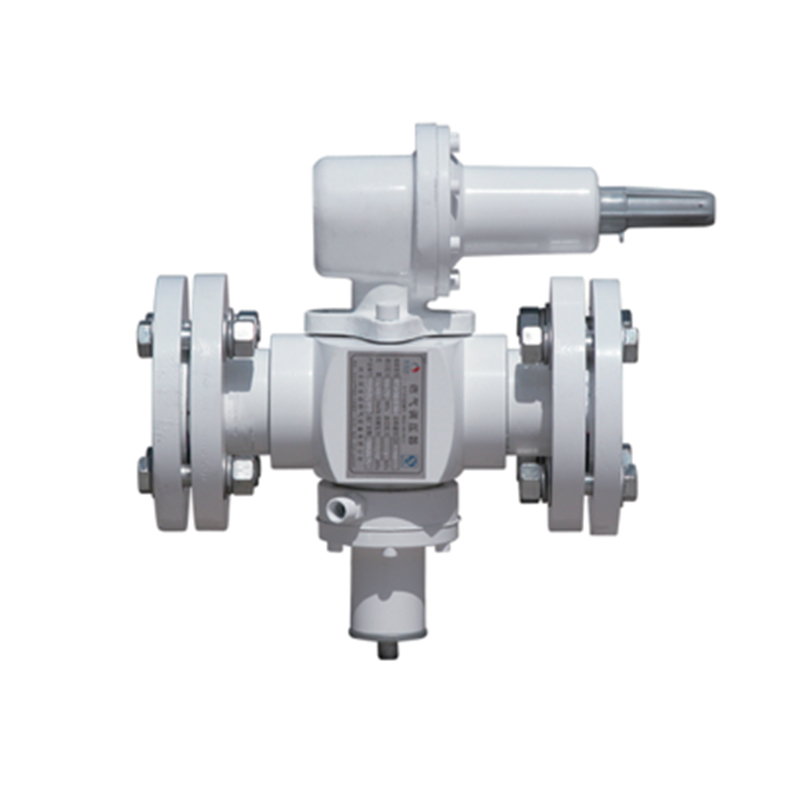
Nov . 09, 2024 20:39
Back to list
Natural Gas Filter Selection and Performance Optimization Guide for Efficient Energy Use
The Role of Natural Gas Filters in the Energy Sector
Natural gas has become a cornerstone of the energy sector, offering a cleaner alternative to coal and oil. With its efficiency and lower carbon emissions, the demand for natural gas has surged globally. However, to harness this energy source optimally, the role of natural gas filters is critical. These filters ensure the cleanliness and safety of natural gas, playing a vital role in both production and consumption.
Natural gas extraction involves the separation of various components from the raw gas, which comprises methane, ethane, propane, butane, and various impurities. Before natural gas reaches consumers, it must be processed to remove contaminants such as water, hydrogen sulfide, carbon dioxide, and particulate matter. This is where natural gas filters come into play. They are designed to purify the gas stream, ensuring that it meets strict industry standards.
.
Moreover, the presence of hydrogen sulfide in natural gas poses a significant risk due to its toxicity and potential to cause environmental damage. To combat this, specialized filters known as desulfurization units are utilized. These units use chemical scrubbing processes to remove hydrogen sulfide, making natural gas safer for combustion and reducing harmful emissions when the gas is burned.
مرشح الغاز الطبيعي

Another key aspect of natural gas filtration technology is the use of activated carbon filters. These filters are essential for removing volatile organic compounds (VOCs) and other trace contaminants that may be present in natural gas. Activated carbon has a vast surface area and unique adsorption properties, enabling it to trap impurities effectively. By ensuring that VOCs are minimized, these filters help maintain the quality of the gas and protect the environment.
In addition to enhancing safety and quality, natural gas filters contribute significantly to the overall efficiency of gas processing plants. By preventing contaminants from entering machinery and pipelines, these filters reduce wear and tear on equipment, minimizing maintenance costs and downtime. This economic benefit is vital as the global energy market becomes increasingly competitive.
Furthermore, the role of natural gas filters is not limited to production facilities. They are equally important in residential and commercial applications. As households and businesses increasingly turn to natural gas for heating and cooking, ensuring the gas's purity is essential for safety and performance. Filters designed for end-user applications help provide peace of mind, showcasing the importance of filtration at every stage of the natural gas supply chain.
As the world transitions toward more sustainable energy solutions, the technology surrounding natural gas filtration continues to evolve. Innovations in filter materials and designs aim to improve efficiency and reduce costs. For instance, advancements in membrane technologies and smart sensors are paving the way for more effective monitoring and filtration systems.
In conclusion, natural gas filters play a crucial role in the production, distribution, and consumption of natural gas. They are indispensable for ensuring that this cleaner fossil fuel remains safe, efficient, and environmentally friendly. As the demand for natural gas continues to grow, so too does the importance of refining and enhancing the filtration processes that safeguard this valuable resource. The future of energy rests not only on the source of power but also on the systems that enable its delivery — making natural gas filters an unsung hero in the energy sector.
Latest news
-
Safety Valve Spring-Loaded Design Overpressure ProtectionNewsJul.25,2025
-
Precision Voltage Regulator AC5 Accuracy Grade PerformanceNewsJul.25,2025
-
Natural Gas Pressure Regulating Skid Industrial Pipeline ApplicationsNewsJul.25,2025
-
Natural Gas Filter Stainless Steel Mesh Element DesignNewsJul.25,2025
-
Gas Pressure Regulator Valve Direct-Acting Spring-Loaded DesignNewsJul.25,2025
-
Decompression Equipment Multi-Stage Heat Exchange System DesignNewsJul.25,2025

